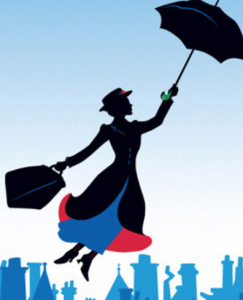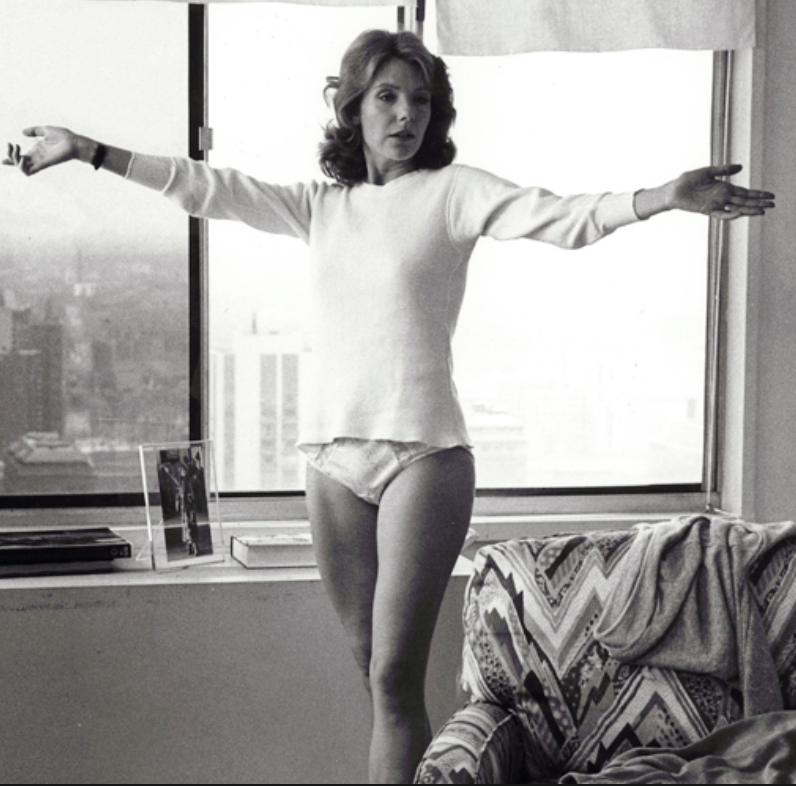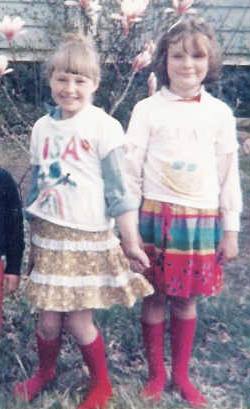Quoth the Rumi
 “If you desire healing, let yourself fall ill.” ― Rumi. As my back injury malingers, I keep thinking that I need to sort out what really needs healing in my life before I’m mobilized again. And as I ogle my ceiling, the list keeps getting longer. What am I still missing, universe? Maybe once I sort this out, I can finally spring with this rhapsodic Spring. Rumi also says: The wound is the place where the Light enters you.
“If you desire healing, let yourself fall ill.” ― Rumi. As my back injury malingers, I keep thinking that I need to sort out what really needs healing in my life before I’m mobilized again. And as I ogle my ceiling, the list keeps getting longer. What am I still missing, universe? Maybe once I sort this out, I can finally spring with this rhapsodic Spring. Rumi also says: The wound is the place where the Light enters you.
A Film of One’s Own: Spinsters in Cinema
 In Kate Bolick’s wonderful new book Spinster, she meditates on the possibilities of an adult female life undefined by others. “The spinster wish was my private shorthand for the novel pleasures of being alone,” she writes. “Whether to be married or to be single is a false binary. The space in which I’ve always wanted to live… isn’t between those two poles but beyond it.” Her point–a vital one–is that here in the twenty-first century women should no longer be viewed through the lens of their attachment to others. (Remember that men remain “misters” their entire adult lives, regardless of their age or marital status.)
In Kate Bolick’s wonderful new book Spinster, she meditates on the possibilities of an adult female life undefined by others. “The spinster wish was my private shorthand for the novel pleasures of being alone,” she writes. “Whether to be married or to be single is a false binary. The space in which I’ve always wanted to live… isn’t between those two poles but beyond it.” Her point–a vital one–is that here in the twenty-first century women should no longer be viewed through the lens of their attachment to others. (Remember that men remain “misters” their entire adult lives, regardless of their age or marital status.)
We need only to look at cinema to realize how far we are from a world in which, as Bolick puts it, a woman is “free to consider the long scope of her life as her distinct self.” Put simply, women in films are never contentedly unattached. They may be single– but tragically or darkly comically so, as if they’re suffering from a condition that requires treatment. And make no mistake: that treatment is almost always a relationship. Hollywood is built upon the twin tenets of big guns and big love, and it’s generally uncomfortable with ambiguity, especially when it comes to single ladies. Happy endings–the glamorous finality of “Jack shall have his Jill”–are what the movie doctor ordered. Unattached women are either Bridget Jones types—not-so-hot messes who must be rescued by modern Mr. Darcys—or dangerously untamed women who must die, as Glenn Close does in “Fatal Attraction” and Geena Davis and Susan Sarandon do in “Thelma and Louise.” Far, far less common are films that conclude with women who are joyously, consciously unattached–not as a last-ditch solution to a toxic romance (“Heathers”) or a love triangle (“St Elmo’s Fire,” “Broadcast News”) but as an active choice to live independently. Continue Reading →
Metaphysician, Heal Thyself
 Backs are about supporting yourself while you stand on your own two feet. It’s the simplest thing in the world, really, but–like the dream whose meaning you don’t recognize until later–it’s taken me forever to absorb the meaning of my recent injury. For three days I couldn’t straighten my spine, let alone hobble to the other room; even now I can’t bend to feed my cat. I’m improving for sure but am aware my back went out the day a massive tax bill was due and I’d finally accepted that things were totally totally over with my last big love. (What can I say? My heart mends glacially.) After three days of misery, my godfamily came down from Boston in a whirlwind of mermaid-colored nail polish and Jewfood take-out and rainbow Converse low-tops. While I moaned and groaned, they cleaned my house and generally did what I normally do for myself. Lo and behold! My back began to heal, as if it were relieved it didn’t have to bear all my burdens itself. After decades of abject codependency followed by years of dogged solitude, it seems I’d forgotten anyone could help me in an uncomplicated way.
Backs are about supporting yourself while you stand on your own two feet. It’s the simplest thing in the world, really, but–like the dream whose meaning you don’t recognize until later–it’s taken me forever to absorb the meaning of my recent injury. For three days I couldn’t straighten my spine, let alone hobble to the other room; even now I can’t bend to feed my cat. I’m improving for sure but am aware my back went out the day a massive tax bill was due and I’d finally accepted that things were totally totally over with my last big love. (What can I say? My heart mends glacially.) After three days of misery, my godfamily came down from Boston in a whirlwind of mermaid-colored nail polish and Jewfood take-out and rainbow Converse low-tops. While I moaned and groaned, they cleaned my house and generally did what I normally do for myself. Lo and behold! My back began to heal, as if it were relieved it didn’t have to bear all my burdens itself. After decades of abject codependency followed by years of dogged solitude, it seems I’d forgotten anyone could help me in an uncomplicated way.
I know I’m at a serious crossroads because all I can listen to is Aretha Franklin. Specifically, her cover of “Eleanor Rigby,” in which she sings as Eleanor Rigby. Who but the Queen of Soul would treat that lonely British woman as a subject to empower rather than an object of pity? Amazing, if painfully relevant. I rediscovered the track when Melina, my bestie since I was six (her two kids are my goddaughters), said it was impossible to cover the Beatles because nothing can make us forget their originals. Aretha can make anything her own, I said, and played this song to prove my point. The two of us listened with the huge grins we’ve shared while  listening to music since we were kids.
listening to music since we were kids.
Only Aretha could coax me into registering the full weight of the loneliness I’d been ignoring even after it crushed my back. I’m sure kicking sugar paved the way for such stark self-revelation–it was my last crutch, I’d whined to my shrink the day before my back gave out–but no one ever said detoxing was pretty. This week, as I slowly stand back up, I’ve got Melina and Aretha to thank. Loneliness may be real but we’re never really alone. Too bad the universe must devise such wickedly literal alarm clocks to wake us from our illusions.
